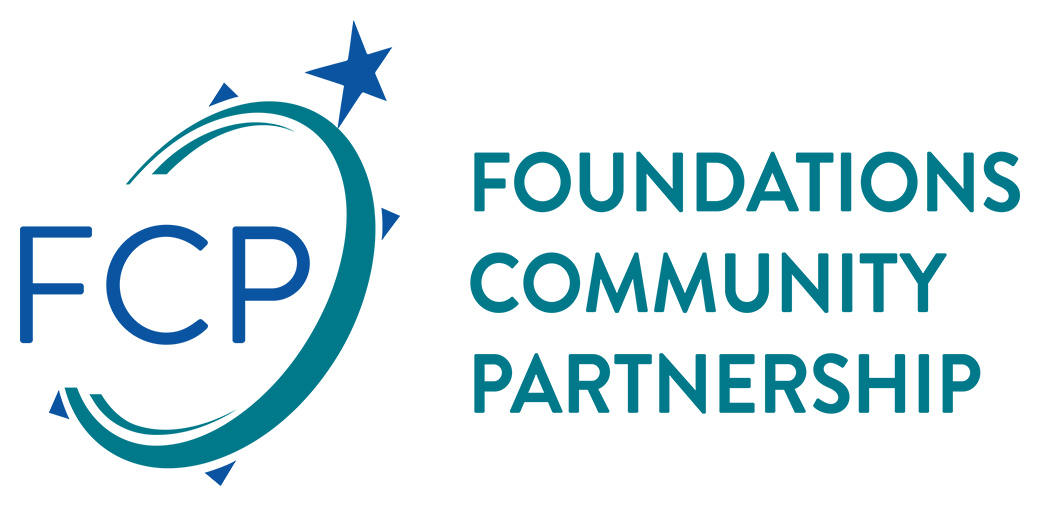The FCP Mental Health Lecture Series Continues with Three Exciting Workshops this Spring
March 6, 2013
Critical Thinking about Teasing and Bullying:
Implications for Mental Health Care and School Policies
Events in the news have highlighted the negative impact of teasing and bullying on both victims and perpetrators. Pressure has mounted for zero tolerance and institutional interventions. Robust efforts are needed, but critical review indicates that bullying cannot be eliminated. This timely presentation discusses the social functions that teasing and bullying serve, how they are socially reinforced, and provides guidelines for establishing anti-bullying policies. It also reviews promising programs and reveals which children are most likely to be targets.
Presenter: Richard Gallagher, Ph.D., is a clinical psychologist and director of the Parenting Institute at the New York University (NYU) Child Study Center and an assistant professor of clinical psychiatry at the NYU School of Medicine. Specializing in behavior and cognitive therapy and neuropsychological assessment for children and adolescents, Dr. Gallagher has more than 25 years of experience in treating and evaluating children, adolescents and young adults. He has presented at international and national conventions and been published in numerous professional journals, including the Journal of the American Academy of Child and Adolescent Psychiatry, Behavior Therapist, and the Journal of Consulting and Clinical Psychology. Dr. Gallagher has been interviewed or quoted in the New York Times and Parentsmagazine, as well as on “The Early Show,” “Today,” and “Good Morning America.”
April 10, 2013
Mindfulness for Youth: Tools for Clinical Practice and Education
Mindfulness, a method of intentionally and non-judgmentally focusing on what is occurring in the present moment, is an increasingly popular and effective intervention in clinical and health settings. Efforts to bring mindfulness to children and youth in schools are growing. This workshop will introduce participants to the definition of mindfulness, provide opportunities to practice mindfulness, and describe techniques and programs for children and youth.
Diane Reibel, Ph.D., cofounded the Stress Reduction Program at the Jefferson-Myrna Brind Center of Integrative Medicine in 1996. She has taught mindfulness-based stress reduction programs for more than 16 years. Dr. Reibel is also a research associate professor in the Department of Emergency Medicine at Jefferson, and studies the effects of mindfulness on physical and psychological health. Her research is published and widely cited in both scientific journals and the popular press. She is co-author ofTeaching Mindfulness: A Practical Guide for Clinicians and Educators.
Patricia (Trish) Broderick, Ph.D., is a research associate at the Penn State Prevention Research Center and professor emerita, founder, and former director of the Stress Reduction Center at West Chester University of Pennsylvania. Dr. Broderick’s research interests include mindfulness-based approaches in prevention and treatment, gender differences in coping styles of early adolescents, and relationships between rumination and the development of depression. The fourth edition of her developmental psychology textbook, entitled The Life Span: Human Development for Helping Professionals (Broderick & Blewitt), will be published in 2013 by Pearson Education. Her mindfulness curriculum entitled “Learning to BREATHE” will be published in 2013 by New Harbinger.
May 1, 2013
The Psychological Road of Adolescence:
The Indispensible Impact of Peers – Pro and Con
This workshop offers a fresh approach to what occurs psychologically during the adolescent period of growth and how forward growth is successfully achieved by each adolescent, is problematic, or only partially complete. Dr. Seltzer will present a roadmap offering beginning benchmarks, midway points, and markers of successful achievement of “identity” – young adulthood. Examples of problems that occur during the adolescent period will be offered with a focus on the enormous contribution of peer psychological models, both pro and con.
Presenter: Vivian Seltzer, Ph.D., Professor of Human Development and Behavior at the University of Pennsylvania is the author of three books on adolescent psychological growth, including original theory on the developmental significance of peers in one another’s psychological growth. She developed an original model of Glitches in Adolescent Development, Diagnostic Instruments, and Peer Arena Lens (PAL) Therapy. Dr. Seltzer has lectured, presented seminars and papers on adolescent behavior nationally and internationally, including the Department of Social Administration at the University of Edinburgh, Singapore Management University, the American Psychological Association, the Philadelphia Society of Clinical Psychologists, and the American Association of Family Therapy Annual Conference.
